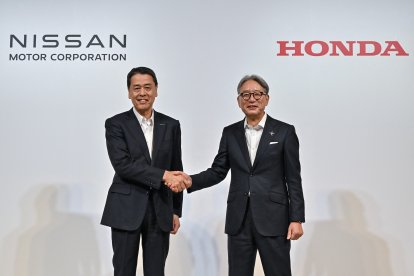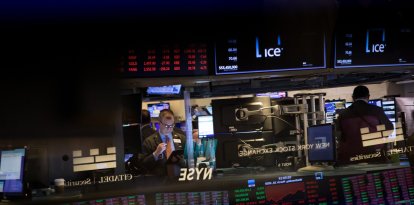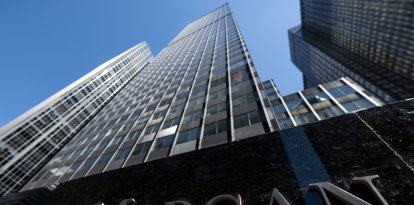Honda and Nissan agree to open merger talks
If successful, they will create the world's third largest automaker.

Honda and Nissan agree to open merger talks (file image).
Japanese automakers Honda and Nissan announced on Monday that they have agreed to begin merger talks in an effort to regain ground lost to Tesla and Chinese competitors in the electric vehicle market, according to a joint statement.
The two groups, along with Mitsubishi Motors, of which Nissan is the largest shareholder, will seek in these negotiations to form a "single holding company." If successful, they will create the world's third-largest automaker.
The potential merger aims to better compete with Toyota, the dominant regional rival and a global leader in manufacturing and sales, as well as Chinese automakers like Geely and BYD, which have seen a surprising surge in the electric and hybrid vehicle market.
To put Toyota's sales dominance into perspective, Nissan, Honda, and Mitsubishi combined sold a total of four million vehicles worldwide in the first six months of the year. In contrast, Toyota alone sold 5.2 million vehicles during the same period.
Mitsubishi already has equity ties with Nissan, which recently downgraded the equity stake and achieved independence from French automaker Renault while Honda successfully distanced itself from General Motors Co.
The news comes as Nissan continues to face commercial challenges not only in China but also in the United States—its two key markets. Overall, the Japanese automaker saw its profits plunge by 93.5% in the first half of its fiscal year and is now being forced to lay off 9,000 employees.
Nissan's crisis deepened at the same time that its commitment to electric mobility did not produce the expected results, being unable to adapt quickly and efficiently to the market for electric and plug-in hybrid vehicles.
Another factor in the debacle is that, after mega-optimistic forecasts, the electric market stagnated for the vast majority of manufacturers except for top-tier competitors - such as Tesla - and rivals that managed to present very accessible alternatives such as Chinese manufacturers.
However, a merger, which would be a complex operation and would only be in the evaluation phase, would help both manufacturers with the aim of sharing the high costs of technological development. In addition, Nissan would benefit significantly, as its financial problems would be less of a concern in the short term, according to Tatsuo Yoshida, senior automotive analyst at Bloomberg Intelligence.
The “drastic changes” that will lead to a “single holding company”
The companies, citing “drastic changes in the environment” and in “the automotive industry,” said they plan to have their “holding company” listed on the Tokyo Stock Exchange by August 2026.
Mitsubishi Motors, of which Nissan is the main shareholder, indicated that it will decide before “the end of January” whether to integrate this new alliance.
Honda and Nissan said they want to close the merger agreement by June next year, but this deal will probably not involve a union of equals.
Honda will have the power to appoint the chairman of the new conglomerate, whose board of directors will be composed mostly of Honda executives, according to the joint statement.
According to Kyodo News -receives AFP-, this agreement could allow the companies to manufacture their cars in each other's plants.
Honda's executive president, Toshihiro Mibe, insisted Monday that the rapprochement operation “is not a bailout” and stressed that a condition for the merger is that Nissan completes its reform plan. Kyodo reported that Honda asked, as a condition for the deal, that Nissan achieve a “V-shaped recovery.”
Honda and Nissan had already agreed in March to explore a strategic partnership for electric vehicle applications and components. Mitsubishi Motors announced in August its participation in this alliance.
In recent years, Nissan experienced a turbulent period, including the arrest in Japan in 2018 of its CEO Carlos Ghosn on charges of embezzlement. The executive managed to evade justice and fled the country.
Ghosn, who is living on the run in Lebanon, told reporters in Tokyo via video conference Monday that Nissan's turning to its rival shows it is in “panic mode.”
Although the two companies can “find synergies for the future (...) I don't see anything clear in this partnership,” Ghosn said.
RECOMMENDATION





















